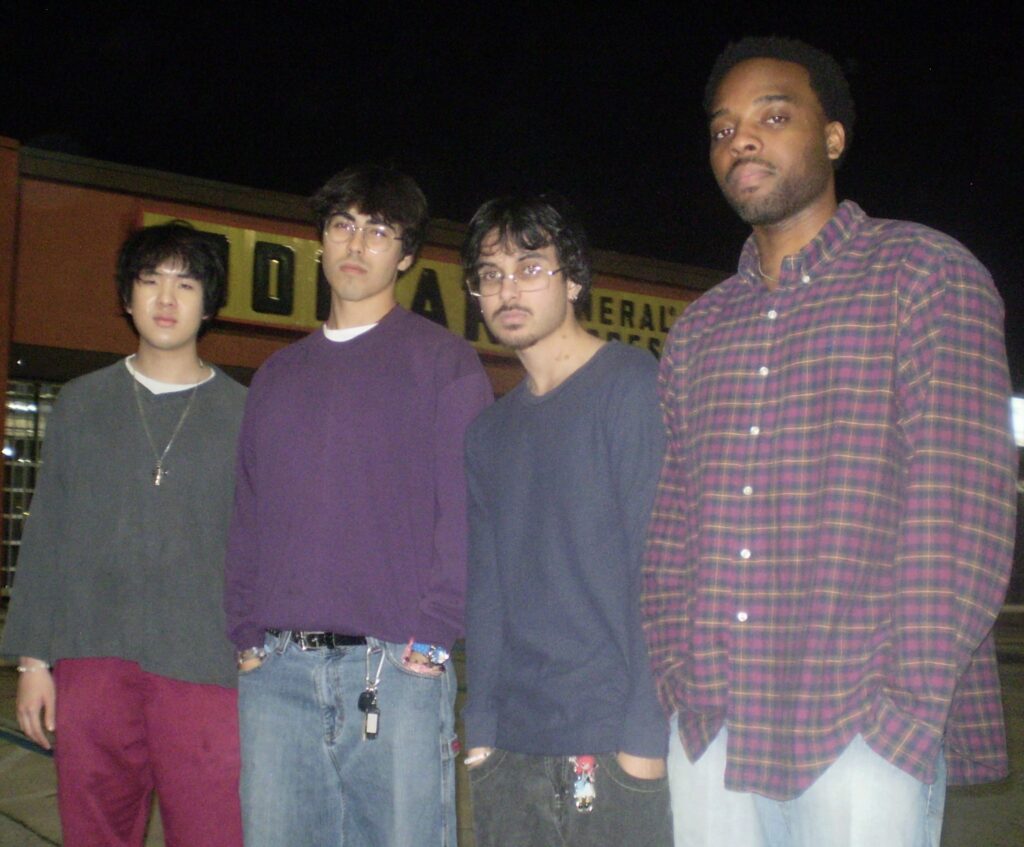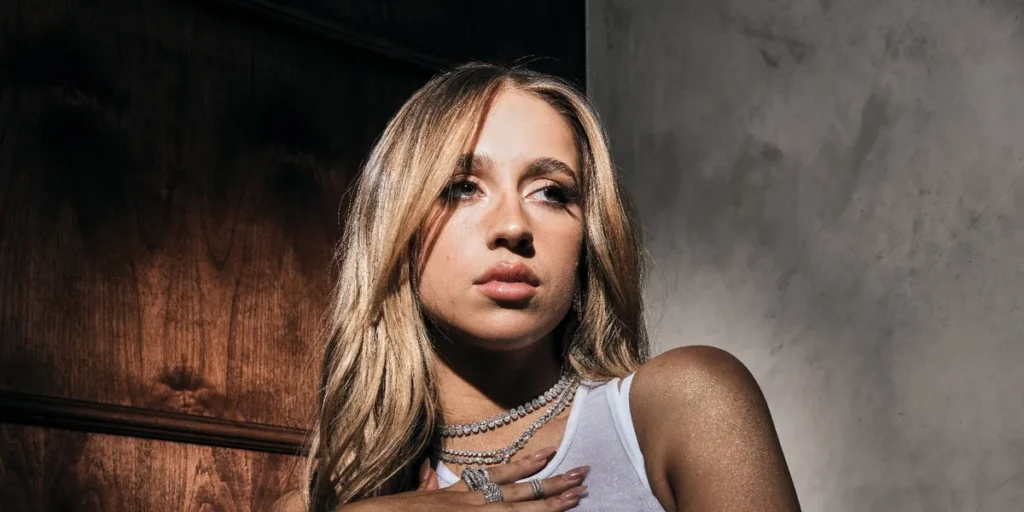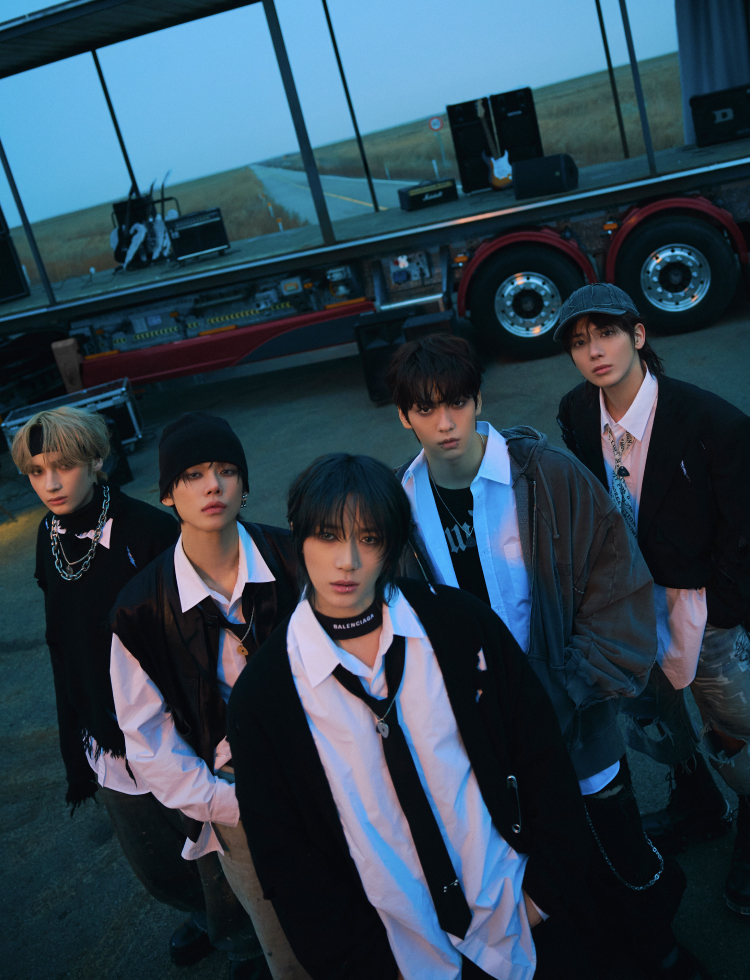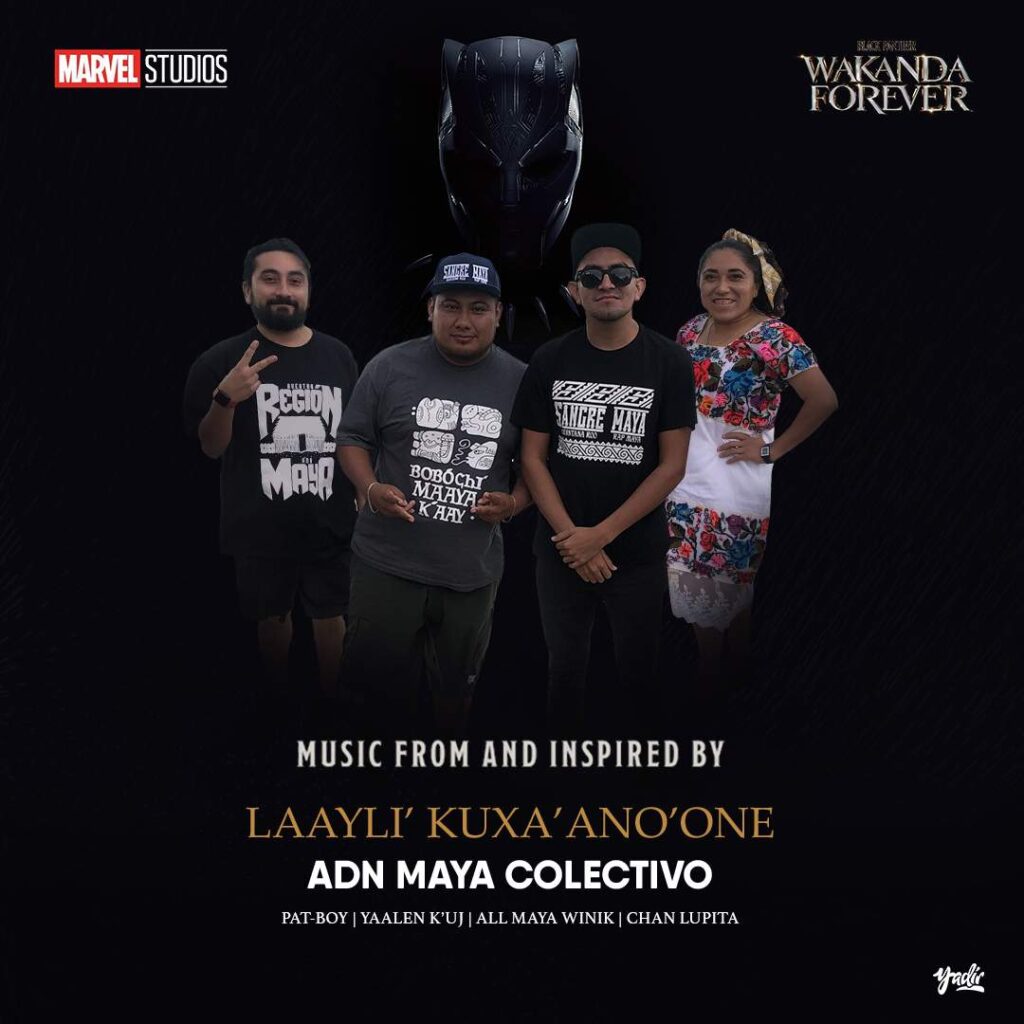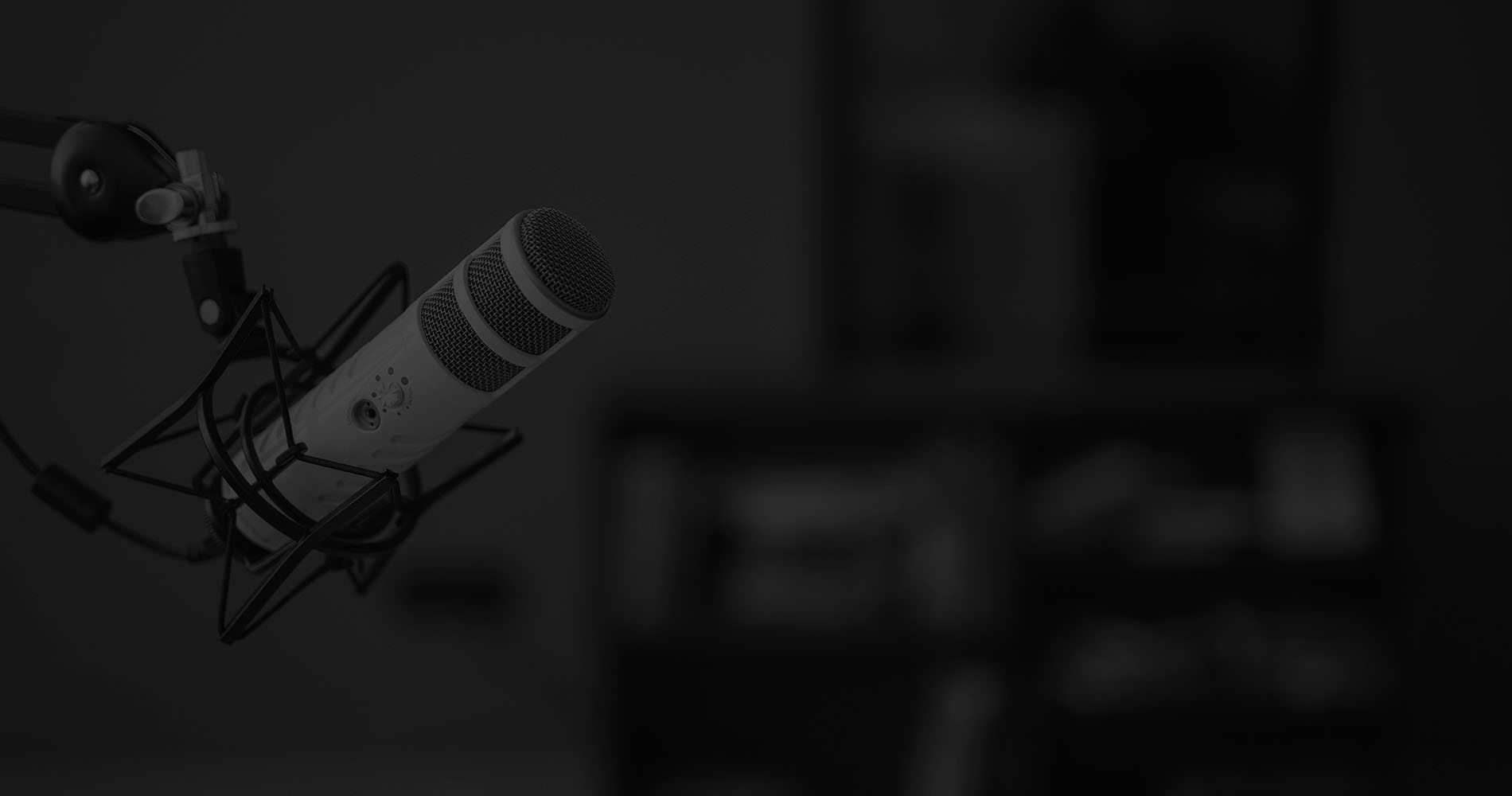Interview with Jack Diserens, Co-Founder of Music Sharing Application “Anthems”
Written by Riles Moquin on December 2, 2022
The following is the transcript from an interview with Jack Diserens, co-founder of Anthems, a fast-growing music sharing application. The interview took place on November 21, 2022 on Lapsed Radio.
—
Alright, everyone. Welcome to Lapsed Radio. Today we have an interview with Jack Diserens, one of the co-founders of Anthems. How are you doing today, Jack?
Pretty good, thanks Riley. Thanks for having me.
To start off today I wanted to talk a bit about you. Just give an introduction on yourself, how you got into music, and what led you to get involved with Anthems.
Sure, yeah, so I’ve kind of always been a huge music fan. I think we all have. You know that friend on the group text that’s always being annoying and sending songs to everybody? Well I’m certainly that friend in my friend group. I like to see a lot of live music and I really became obsessed with a problem within music and within music technology, to be specific.
I was working in finance for a couple years after undergrad and was really perplexed by this idea that’s still the most common way to share a song with a friend. You know, in 2022, it still copy-pasting a song URL into a text message and sending it to a friend, and in a world where I can see how many steps my friend took, the workout they did, the movies they’re watching, or things they’re streaming, I still have to go back to this old-school URL to talk about music with friends. That had really left me isolated in the music I listened to; nobody really knew what I was into and I didn’t know what other people were into. So I really became obsessed with that problem.
It’s kind of through that problem where I met the other co-founder of Anthems, Naveen Sridhar. While I was working in finance and going back to get my MBA, Naveen was doing advanced satellite programming and tech strategy for Lockheed Martin and building music apps, kind of for fun. He built some really good music apps, one of which was recognized by South by Southwest and a couple other things. We connected around an article I wrote called “The Music Tech Social Revolution,” which was about how we can build some better technology to allow people to talk about music more and not rely on these crappy group texts or all these other clunky tools. What could we build that could be music-centric, that could really foster the conversation? So that kind of led us to build out Anthems. We built out a beta and it expanded and grew a lot, and that gets us to where we are today.
Yeah, so I didn’t want to give too much of a description of Anthems because I figured you could explain a little bit. According to its description in the App Store, Anthems is “dedicated to documenting and showcasing your music library.” For those unfamiliar, could you just explain what Anthems is?
Yeah, so kind of like it said there, Anthems – very simply – is a place to share your music taste. We have seen a lot of apps come before us that have tried to be kind of the “social media of music” and they have applied kind of the old social media model to it, which is ‘hey, if you just manually post something, then people can comment on it and like it.’ We saw a different route, and that was – well, what if we opened this treasure trove of listener data amongst a friend group and allowed one another to dive into each other’s listener data, socializing that way rather than relying on manual posting of songs?
So that’s really what the idea of the Anthems app is in a nutshell. It’s kind of a Tik Tok-style feed where you follow, say, five or ten of your friends. The feed updates based on the music that’s running through your song rotation within Spotify. So, say Riley is listening to “November 18th” by Drake a lot lately, and it’s risen to #4 in his chart. You can scroll through this Tik Tok-style feed on 30-second or full-song mode and you can listen to that song and engage with Riley based on the music that he’s listening to on the current day. You can also add to your own profile and create this rich place for people to show off the music they’re into and share it with others. That’s Anthems in a nutshell.
You talked a bit about how Anthems came to be and how the co-founders came together. Can you go a bit more into that – just how it got its start, when it got its start, and how it has progressed from there?
Yeah, sure. So, I was living down in Austin, TX. I’m originally from the Bay Area – San Francisco – and I was working in finance there more recently and really didn’t like my job at all. So I decided to go get my MBA at UT-Austin and focus within music technology and product management, and software specifically. I was obsessed with that problem I mentioned. I didn’t know the solution, but it was very much like “Ok, there’s no way in five years, we’re still sitting around texting song links to each other. Someone is going to find a better way.” And why not me? Or why not – eventually – us, with Naveen and I.
So I went to school in Austin. I interned and shadowed a lot of music tech people who were trying to solve similar or parallel problems with music and music communication. And there’s just so many shortfalls with it today. After my two years at the MBA there – I mentioned it before – I wrote this article or white paper called “The Social Music Tech Revolution,” which was really diving into – what if we use listener data to be the spark that starks these social conversations the way that Gen Z would like to have them?
I wrote that article, and Naveen was living in San Francisco at the time. I did not know Naveen, and he was building music apps as well, trying to solve this social music problem as we came to know it. We were connected through a mutual advisor of ours, a guy named Charlie Kaplan. He connected us, sent Naveen my article, and sent me some of Naveen’s stuff and was like “I think you two should talk. You’re on to kind of the same thing.” And so that was kind of in the middle of the pandemic at this point. This is in probably March 2020, right as a pandemic started.
Naveen and I talked and we were like ‘well, let’s build some stuff together.’ Then we really enjoyed what we were building. We were onto some stuff, so then in June 2020, we embarked on this Anthems journey. We launched a beta of about 350 people. We did a private app where people could swipe through each other’s listener data and have these unique conversations. People used the app a ton, albeit it was a small private group so we decided ‘ok, let’s put this out to the larger world.’ In October 2021, we launched an invite-only app in the App Store and the Google Play Store – so similar to the Clubhouse model, you needed an invite from a user already in the app to get in. So there’s the scarcity of ‘how I get into the app,’ and that’s what really launched us off, the ‘ok, I want my friends to be here. I’m going to use my invite code to get them in.’ We grew from this 350 initial users to about 30,000 users within a couple months – all through invite-only – which was kind of big point for us of like ‘ok, clearly people want to get in.’ We were at a point where all our negative reviews in the App Store were people upset they couldn’t get in. ‘I don’t have a code so I’m going to give this one star until I get in.’ So we thought like, well, maybe we should let some people in. We removed the invite-only requirement – that was in April 2022. And it really took off from there. We learned that a lot of people were sharing their – we call them skins on the app – listener data out on social media. We allow you to package your unique listening taste in these cool designs on the app, and people were sharing them to Twitter specifically at a really high clip.
That had propelled us to over 80,000 users, and then we launched a web product in July of this year where we didn’t even require the use of the app. People could come onto this website and generate something that showed their listener taste to the world and shared to social media. That got over 200,000 users. So we have kind of been on this journey and been very lenitive based on how do people – specifically Gen Z – want to talk about music? Because we know the current mediums aren’t working and we’ve just been building different in new ways all along. It’s been pretty cool to see.
You talked about how Anthems did beta testing. I found Anthems like I think a lot of other people found it – through music Twitter, and specifically hip hop Twitter, seeing some creators that I followed post their invite links. And as many others did, from there I shared my link with friends and got a lot of my peers involved. What went into the thought process of doing that approach to beta testing?
Yeah, I think especially with a social product, you want to grow, but you want people to grow with their community. If you have a lot of people coming on that don’t necessarily know each other or interact with each other, they probably won’t stick around too long. So the invite-only requirement within the beta was so that – you know, in theory – every new member or new user that came onto the app had at least one person they were connected to, because they received an invite code. And we kind of sneakily, on the back end, connected those two people. Nobody, in theory then, was alone on Anthems. That was a big step. We had learned from prior apps that had done that before. Nobody is lonely on the app on day one, or at least they’re less lonely than if they just showed up organically through the App Store.
The other aspect of it is this scarcity thing a little bit. I mean, you mentioned you found Anthems on hip hop Twitter, which is such a vibrant community of such rich conversation and arguments and all these things encompassing everything that’s beautiful about music. That conversation is happening, and happening with passionate people. And there’s discovery happening. And there’s arguments and disagreements. So I think inherently by having invite codes where you had to kind of find a way to get an invite code, made people want the invite code even more, which helped us as well. And there was this buzz around like, ‘what’s this Anthems thing? And how do I get in?’ There’s a practical use of building social graphs, and then there was the kind of buzz or the scarcity.
Talking about how vibrant of a community is over on Twitter, would you say that part of what makes Anthems great is that it’s focused on music alone? Has there been any consideration into expanding it with more of a social element being included?
Yeah, it’s a good question. All the time, we’re weighing what is the right amount of social versus the music, and you know right now in the app you can’t just make a post or comment without it being tied to a song specifically. Everything starts with the song, which has served us really well, and honestly we run into less trouble around trolls and bullying and stuff that’s happening on the app or the web that’s not related to music at all, which can be a headache.
One thing we constantly wrestle with and discuss is whether people would rather have the conversation around the song or around the artist, which could be interesting to get your take on. You know, when you sit down and talk with friends about music are you more often saying ‘hey, this song is dope, you should check it out?’ Or are you saying ‘hey, I love this artist and this artist is making great music.’ I think those sorts of intricacies are what we’re looking into every day, like ‘ok, how do we expand this social conversation?’
Part of this is whether it should be an artist-centric conversation or a song-centric conversation. I think what’s happening on hip hop Twitter specifically – but also just in just music Twitter in general – is something we’re trying to replicate a lot on Anthems – and also expand upon, because it’s somewhat limited on Twitter. If you want to listen to a song on Twitter, you’ve got to click the link and then go to another App to listen and then you come back to Twitter to make a comment on it. I think what’s really great about Anthems is that the consumption and the conversation is happening in the same place, which allows it to happen at a higher frequency and volume, which has been serving as well.
Mentioning other social media apps and how they integrate music, I’m sure you’ve heard about Instagram experimenting with a few different music-oriented features, such as including a featured song with posts and setting a song as your current mood on your profile, similar to how users set anthems on your app. How do you aim to keep Anthems going and keep your community going while other, big apps are making inroads into that Anthems niche?
It’s something that keeps us up at night for sure. We’ve seen some eerily similar designs come out from some of them that look a lot like Anthems. But I think, at the end of the day, it has been proven that to have a broad social media app and try throwing on this duct tape music solution is going to work less effectively than having a specific music solution that is inherently social. And there’s small intricacies of that that have served us well.
Kind of like what I talked about before, the consumption happening in the same place as the conversation on our app is really useful. I think the integrations for us have been really big. Over 100,000 songs are added to Spotify every single day. Gen Z specifically is exposed to the largest amount of music in human history, and their music taste is evolving at the highest clip. What your favorite song was 2 weeks ago is not your favorite song today. Those integrations have allowed the analysis of your listener data to fuel that ongoing social presence, as opposed to using this old social media model – and I think a lot of them are still trying to apply it today – of ‘hey, if you like this song, just post it manually’. And that gets really exhausting for people to have to continually do, so we think our music-centric model and how we have uniquely leveraged our integrations has been how we’ve been able to differentiate from some of the social media apps who are just trying to apply their old lessons to music. That has failed a lot before, and we’re betting that it will continue to fail.
I know there have been a few different problems with the integrations, such as integrating Apple Must into the app and a recent Spotify update that gave some trouble. What have been some of the biggest difficulties in making the integrations work?
Yeah, it’s a good question. There’s been a handful. I mean, you mentioned two of them. With the Apple Music thing, Spotify is still the dominant – at least premium – streaming service in the US. There are a lot of Apple Music users, and unfortunately we kind of live in a world now where – I don’t know about you, but my friend groups revolve around streaming services. So I’m a Spotify user; all of my group texts that have existed are with other Spotify users because I can’t share those links to my Apple music friends, and so unfortunately the world is kind of disconnected anyway. Charlie Kaplan kind of mentioned, it’s as if we lived in a world where if you were with AT&T, you couldn’t call your T-Mobile friends on the phone. How messed up of a universe is that? But that’s where we live in terms of music. So unfortunately – well, we’re definitely working on the Apple Music integration. There’s larger technical things that probably most people don’t think about – like finding a song within the Spotify catalog and Apple Music catalog in a world where 100,000 new songs are added a day is tough to do on the fly, so that’s certainly one. But fortunately, we’re kind of in a world where most people aren’t having great conversations with their Apple Music friends anyway, so once we do add it, we think it’s going to be a huge value to the current ecosystem.
Then your comment too about the Spotify integration in this SDK. We are able to do a lot of things through this public Spotify API, and anytime they make an update to it requires us to move some things around. That one was a bit of a bigger Instance of that, but all in all, we’ve been able to be ahead of the curve with a lot of the Spotify changes. We’re certainly working on other integrations in the future with other streaming services, but there’s definitely hiccups in there.
What has been the single most rewarding thing you’ve seen as the Anthems community has grown?
I mean, you’re part of our Discord community. We have over 350 Anthems super-users that have joined a Discord community and who share not just Anthems content, but music content in general. I think what drove Naveen and I to start this thing and to be as obsessed with music and music technology as we are is the great conversations that happen around music, and just that moment when you have a great artist that you’ve discovered and you just want to put it somewhere or tell somebody about it. I think I don’t speak just for myself when I say one of my favorite feelings ever is getting that text message from a friend after you sent them a song – a week, a month, a year ago – and then they say ‘hey, by the way, that song you showed me is now my favorite song’ or ‘my favorite artist.’
So, to your question, it’s increasing the amount that that happens. We see it all the time with interactions on the app of people discovering through one another, and then the Discord community and these conversations and people learning about each other and getting each other’s backs and taking care of each other. That it all started through a connection around a song or an artist on Anthems has probably been the coolest thing to see, just the sense of community with people who have never seen each other face-to-face – the only commonality they have is a love for the same music. Seeing how that can expand into a really fruitful relationship has been really cool to see, both on Anthems and the Anthems Discord too.
I want to round out the interview with just a couple questions from Anthems users. Firstly: what is the most ideal experience you want to create for Anthem users?
That’s a great question. I want the sharing experience on Anthems to be incredibly second nature, very intuitive, and almost a step ahead of that moment where you want to share with a friend. If we can almost beat people there and create those connections before you can get to that point, I think that’s going to be really powerful.
I think I mentioned it before, but I want to get to a point where, when I say to somebody ‘hey, remember when we used to share song links with one another over text threads?’, people will laugh and cringe at that thought and just and how preposterous it is, because there’s this better way on Anthems. We still have a long way to go, but we’ve made some really cool inroads learning from people like yourself on like, “what’s the ideal way that you’d want to talk about music here?” So just continuing along that journey.
Last question of the interview: What sorts of music do you listen to the most? What are your favorite artists, albums, anything like that? And then if you wanted to speak on behalf of Naveen as well and say his favorite artists, favorite music, that sort of thing.
Good question. I might pull up his Anthems profile really quick.
I’m all over the docket. I went and saw a concert on Thursday – a guy named Charley Crockett – who is really cool. My newest anthem I just set is a woman named Madison Ryann Ward, who I think is awesome. She’s a very Lauryn Hill-type vibe. I’m going to see a band called Whitney next week. I just saw a band called The Avett Brothers. So I kind of like to summarize my music taste as anything that’s super soulful. Anything soulful I’ll give it a listen, and anything that runs the gambit between hip hop and, you know, even folk, Jazz and all that stuff.
Naveen has similar taste in music. He’s definitely into hip hop and the new stuff, whether it’s Kota the Friend or the old school stuff and the – oh geez, he’s also into the newer soulful stuff. He just saw Jacob Banks live. He saw Dijon live. So we’re both all over the place; it’s kind of one of the coolest parts about being a co-founder of a music app, you just get to be the closest thing to the pulse of what people are talking about. We’ve discovered a ton of new music through the users too, which has been awesome.
I want to thank you for coming on the show and for talking about the app today. Do you have a last-minute pitch to give to anyone listening who isn’t on Anthems yet?
I mean first of all, thanks for having me. It has been super cool to chat, and I would just encourage everybody to download the app or check out the web product on anthems.fm. I’m happy to also answer any other questions, or if anyone wants to reach out with feedback. We’ve got the Discord community, which can be accessed through the app or feel free to reach out to Riley and he’ll give you my e-mail. But I’m always open to figuring out the ways that people talk about music and how we can build the ideal tool for you to do so. I think we’re getting pretty good at it. We still have a long way to go, but it has been really fun.
Thank you very much for coming on the show. Once again, this was Jack Diserens, co-founder of Anthems. For anyone interested in joining Anthems, you can get it on the App Store; it’s integrated with Spotify. Thank you very much again for coming on the show, Jack. Have a good one.
Cool, thanks for having me, Riley. Have a good one.
Anthems can be downloaded on the Apple App Store or the Google Play Store. You can also explore the web product at Anthems.FM.
